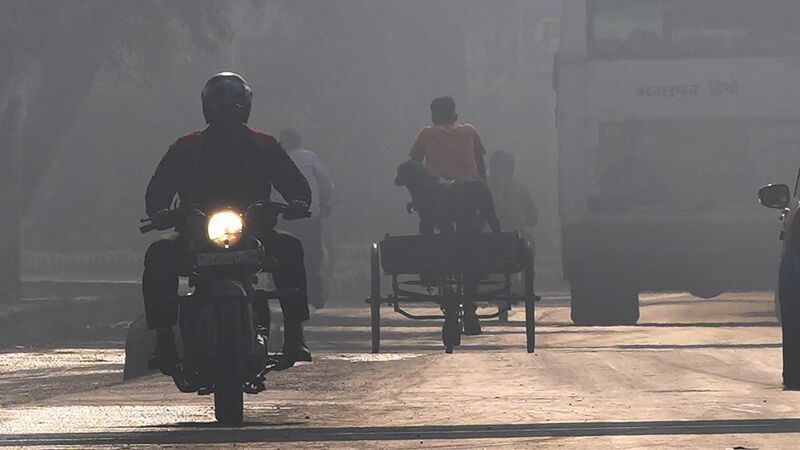Governments still prioritising fossil fuels in spite of damage to human health, report finds

A cloud of toxic smog engulfing New Delhi, India, in November, 2021. The Lancet Countdown annual report shows a significant number of countries are still subsidising the use of fossil fuels. Picture: Manish Swarup/AP
Governments are still prioritising the use of fossil fuels in spite of the severe damage to people's health caused by climate change, a major new report has warned.
The Lancet Countdown, an annual evaluation of climate change and health, warns the majority of governments it looked at are effectively subsidising fossil fuels — to the tune of a total $400bn (€401bn).
CLIMATE & SUSTAINABILITY HUB













